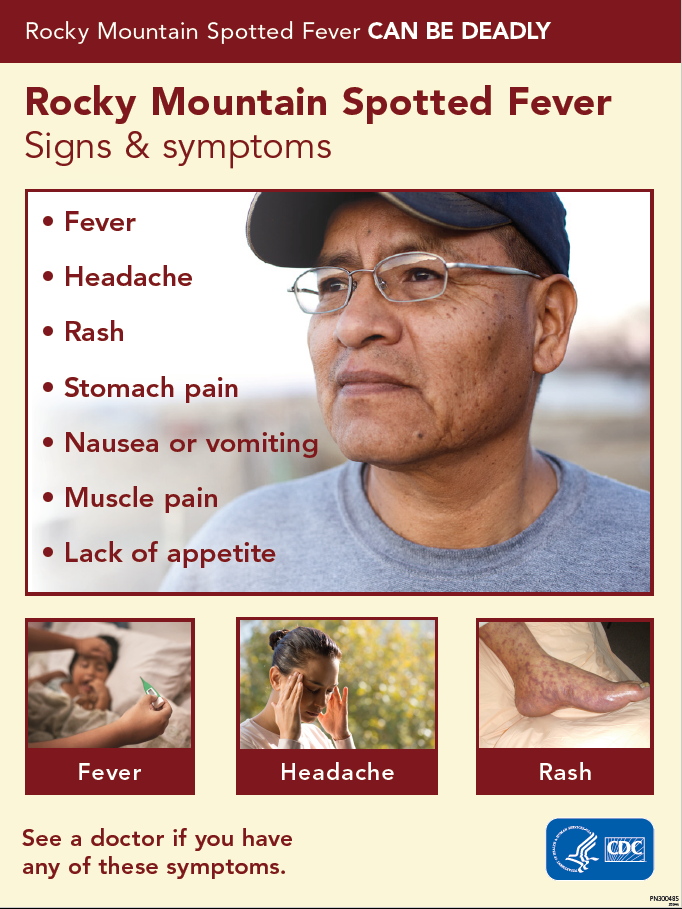Our mission is to achieve and maintain optimum personal and community health by emphasizing health promotion, disease prevention and environmental protection.
School Vaccination Clinics
It will be time for students to head back to school before we know it! Be sure your student has the required vaccines before school starts. Required school vaccination timelines can be found on the VDH Back to School page.
If you are unsure what vaccines your student needs, we can help you check their Virginia Vaccination record. You can submit a request on the VDH Back to School webpage or call your local health department for more information.
Follow us on Facebook to stay up to date on COVID and other health department news.
It’s SUMMER and TICKS are HERE! Be prepared and aware:
- Lyme disease is the most commonly reported tickborne illness. It is transmitted by the bite of a tick infected with Borrelia bacteria. Ticks known to carry Borrelia bacteria include the blacklegged (deer) tick in the Eastern US and the western blacklegged tick on the Pacific Coast. There is no evidence that Lone star ticks, American dog ticks, Rocky Mountain wood ticks, or brown dog ticks are responsible for the transmission of Lyme disease.
- Rocky Mountain Spotted Fever is the second most commonly reported tickborne illness. It is transmitted by the bite of a tick infected with Rickettsia rickettsii. Ticks known to carry Rickettsia rickettsii include American dog ticks, Rocky Mountain wood ticks, and brown dog ticks.
- Most cases of tickborne illnesses occur in the summer months, with cases peaking in June and July. Ticks do not fly or jump. Rather, they typically wait for a suitable host on the tips of shrubs and grasses. Transmission of tickborne illnesses generally occurs after a tick has been attached for at least 24 hours. To avoid tick bites, wear long pants and tall socks. Perform daily tick checks. Shower or bathe within 2 hours of being outside for an extended period of time. Put clothes in the dryer on high heat to kill any remaining ticks. Use EPA-registered tick repellants.
- Symptoms common to all tickborne illnesses include a rash around the bite site, fever, headache, and joint or muscle pain. If you experience any of these symptoms following a tick bite, seek medical attention.




